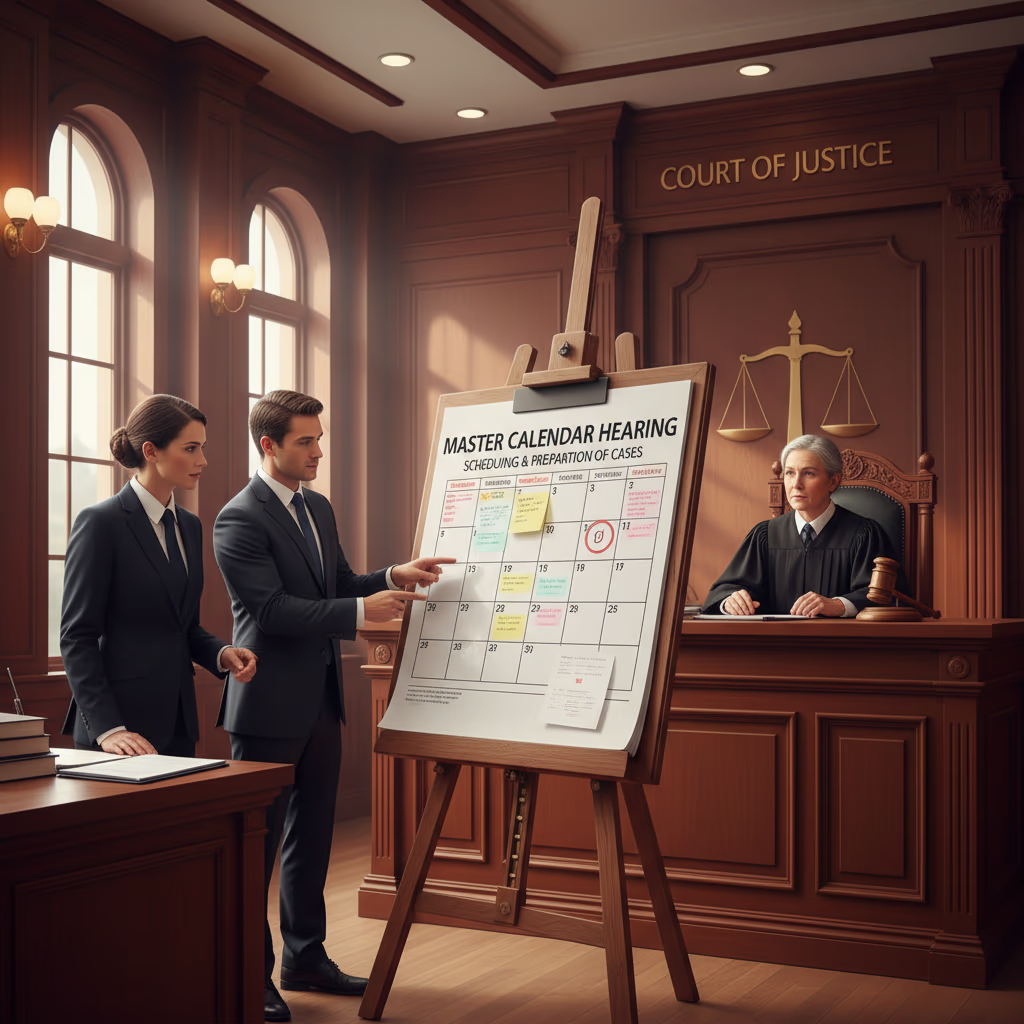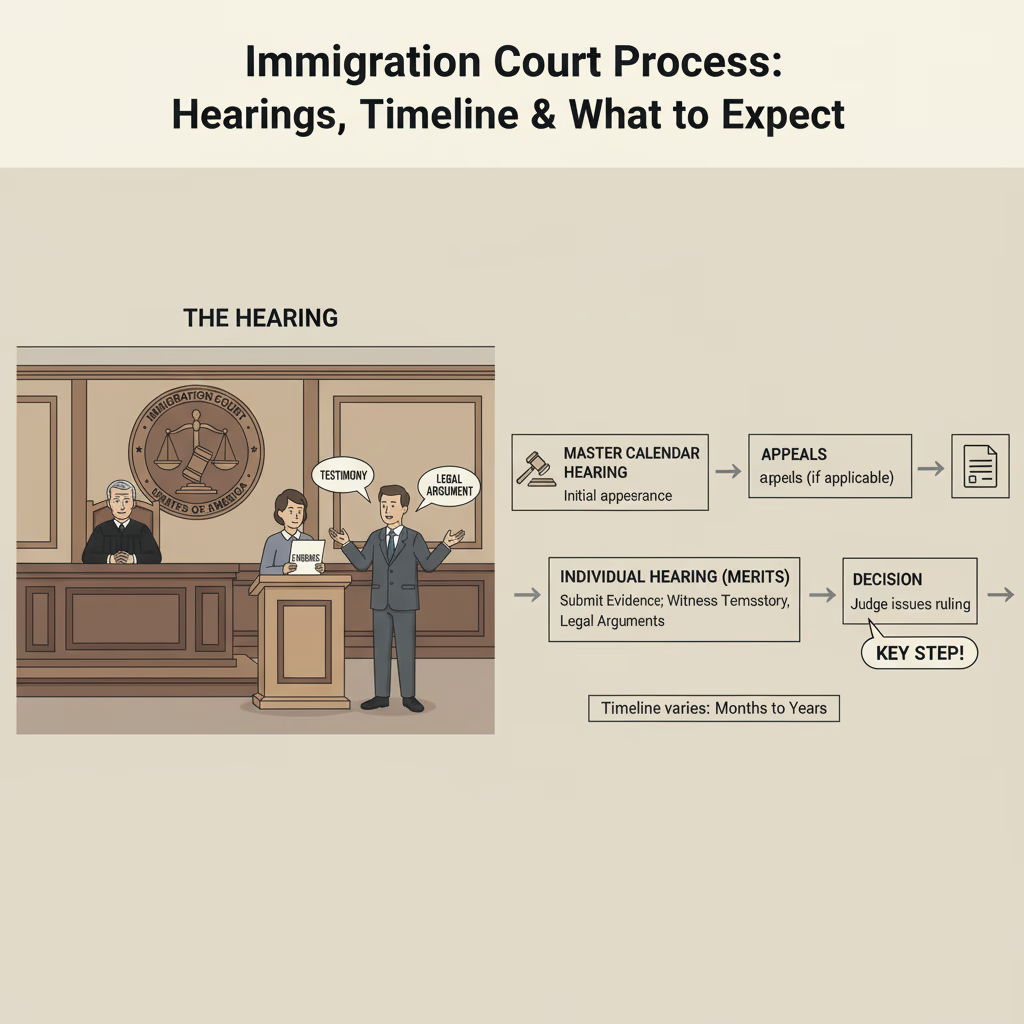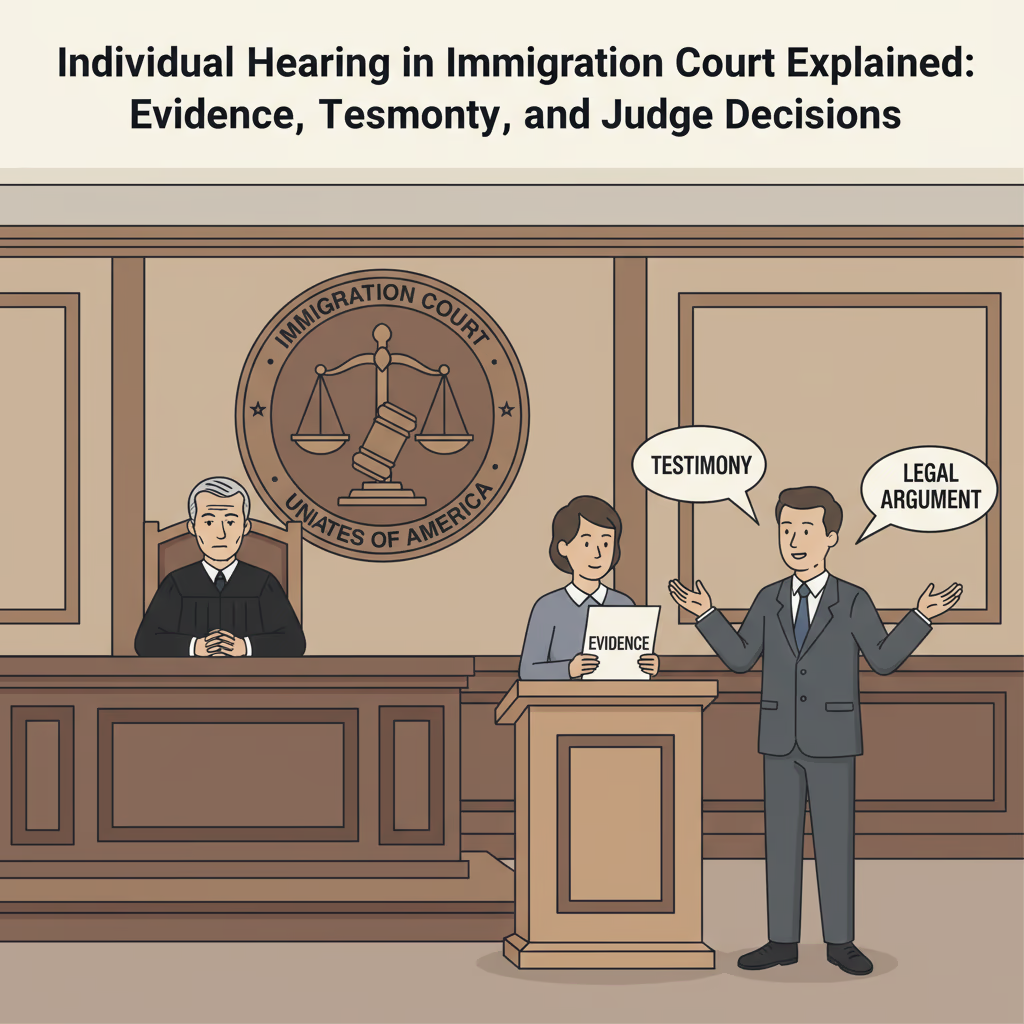Going through a divorce can be an overwhelming and emotionally draining experience. It’s a complicated process that requires careful consideration and decision-making. When faced with a divorce, many couples think their only option is to battle it out in court. However, there is an alternative – mediation. In this article, we will explore the power of mediation in navigating divorce and the crucial role played by divorce lawyers.
Mediation is a voluntary and confidential process where a neutral third party, known as a mediator, helps divorcing couples communicate and reach agreements on issues such as property division, child custody, and support. It offers a more collaborative and amicable approach to divorce, allowing both parties to have a say in shaping their future.
In addition to the mediation process, a divorce lawyer can play a pivotal role in ensuring your rights are protected and guiding you through the legal aspects of divorce. They can provide expert advice, negotiate on your behalf, and advocate for your best interests.
By understanding the benefits of mediation and the role of a divorce lawyer, you can make informed decisions and navigate through the divorce process with confidence and peace of mind.
Understanding Divorce Mediation
Divorce mediation is a process where a neutral third party assists divorcing couples in reaching agreements on various issues, including property division, child custody, and support. Unlike litigation, mediation offers a more cooperative and less adversarial approach to divorce. It allows couples to have control over the outcome and promotes open communication and compromise.
During mediation, the mediator helps facilitate discussions between the spouses, ensuring that both parties have an equal opportunity to express their needs and concerns. The mediator does not make decisions for the couple but rather helps them find common ground and reach mutually beneficial agreements.
One of the key advantages of mediation is its ability to save time and money compared to traditional litigation. By avoiding court battles, couples can reduce legal fees and resolve their issues more efficiently. Additionally, mediation can help preserve relationships, especially when children are involved, by fostering a more amicable and cooperative post-divorce dynamic.
Benefits of Choosing Mediation over Litigation
There are several benefits to choosing mediation over litigation when navigating a divorce. Firstly, mediation provides a more cost-effective solution. Litigation can be a lengthy and expensive process, involving court fees, attorney fees, and other expenses. Mediation, on the other hand, typically costs less and can be completed in a shorter timeframe.
Secondly, mediation allows couples to maintain control over the outcome of their divorce. In a courtroom setting, a judge makes the final decisions, which may not align with the desires and needs of both parties. Mediation empowers couples to actively participate in shaping their future and finding creative solutions that work for them.
Furthermore, mediation can help reduce conflict and preserve relationships. Divorce can be emotionally charged, and litigation often exacerbates tensions between spouses. Mediation, with its focus on communication and cooperation, helps create a more supportive and respectful environment, which can be particularly beneficial when co-parenting children.

The Role of a Divorce Lawyer in Mediation
While mediation is a voluntary process that encourages couples to work together, having a divorce lawyer by your side can provide valuable guidance and ensure your rights are protected. A divorce lawyer can help you understand the legal implications of decisions made during mediation, offer expert advice, and ensure that any agreements reached are fair and legally binding.
Before starting mediation, it’s essential to consult with a divorce lawyer to understand your rights, obligations, and potential outcomes. A lawyer can help you assess whether mediation is the right choice for your specific circumstances and provide insights into what to expect during the process.
During mediation sessions, a divorce lawyer can act as your advocate, helping you articulate your needs and concerns effectively. They can also assist with drafting agreements and ensuring that they comply with the relevant legal requirements. Having a lawyer present during mediation can provide a sense of security and help you make informed decisions.
How to Find a Qualified Divorce Mediator
Finding a qualified divorce mediator is crucial to ensure a smooth and successful mediation process. Here are some steps to help you find the right mediator for your needs:
- Research and ask for recommendations: Start by researching reputable mediators in your area. Look for professionals who specialize in divorce mediation and have experience in handling cases similar to yours. Ask friends, family, or other professionals for recommendations.
- Check qualifications and credentials: Verify the mediator’s qualifications and credentials. Look for certifications or memberships in professional organizations such as the Academy of Professional Family Mediators or the Association for Conflict Resolution.
- Schedule consultations: Once you have a list of potential mediators, schedule consultations to discuss your case and assess their suitability. During these consultations, ask about their mediation style, experience, and success rate. It’s important to choose a mediator who makes you feel comfortable and confident in their abilities.
- Consider cost and availability: Discuss the mediator’s fees and availability to ensure they align with your budget and schedule. Mediation costs can vary, so it’s essential to have a clear understanding of the financial aspects upfront.
By taking the time to find a qualified mediator, you can set a solid foundation for a successful mediation process.
The Mediation Process: Step by Step
The mediation process typically consists of several stages, each designed to facilitate communication, negotiation, and resolution. While the specifics may vary depending on the mediator and the couple’s unique circumstances, the following steps provide a general overview of what to expect during mediation:
- Introduction and orientation: The mediator will begin by introducing themselves, explaining their role, and setting the ground rules for the mediation process. They will ensure that both parties understand the voluntary nature of mediation and the importance of maintaining confidentiality.
- Gathering information: The mediator will ask each party to provide information about their concerns, needs, and goals. This step helps the mediator gain a comprehensive understanding of the issues at hand and guides the subsequent discussions.
- Identifying and prioritizing issues: The mediator will work with the couple to identify all the issues that need to be addressed, such as property division, child custody, and support. They will help the couple prioritize these issues based on their importance and complexity.
- Generating options: The mediator will facilitate brainstorming sessions where both parties can explore various options and potential solutions. The goal is to encourage creative thinking and find mutually acceptable agreements.
- Negotiating and reaching agreements: Once options have been generated, the mediator will assist the couple in negotiating the terms of their agreements. They will help ensure that both parties’ needs are met and that the agreements are fair and reasonable.
- Drafting and finalizing agreements: Once agreements have been reached, the mediator will help draft the necessary legal documents. It’s important to have these agreements reviewed by a divorce lawyer before signing to ensure they protect your rights and comply with applicable laws.
- Post-mediation follow-up: After the mediation process is complete, there may be a need for follow-up sessions or additional support. The mediator can assist with any unresolved issues or help with the implementation of the agreed-upon terms.
Understanding the step-by-step process of mediation can help you approach the process with clarity and confidence.

Common Issues Addressed in Divorce Mediation
Divorce mediation can address a wide range of issues that arise during the dissolution of a marriage. Some common topics addressed in mediation include:
- Property division: Mediation allows couples to discuss and reach agreements on how to divide their assets and debts, including real estate, bank accounts, investments, and personal belongings. The goal is to ensure a fair and equitable distribution of marital property.
- Child custody and visitation: Mediation provides a platform for couples to create a parenting plan that outlines the custody and visitation arrangements for their children. It encourages parents to prioritize the best interests of the child and find solutions that promote stability and healthy co-parenting.
- Child support: Mediation allows couples to determine child support arrangements that consider the financial needs of the child and the financial capabilities of both parents. The goal is to establish a fair and reasonable support agreement that ensures the child’s well-being.
- Spousal support: Mediation can also address the issue of spousal support, also known as alimony or maintenance. The mediator helps the couple discuss and negotiate the terms of spousal support based on factors such as income, earning capacity, and financial needs.
- Division of debts: In addition to dividing assets, mediation can help couples navigate the division of debts, including mortgages, loans, and credit card debts. The mediator assists in determining how these liabilities will be allocated between the parties.
By addressing these common issues in mediation, couples can avoid contentious court battles and find mutually satisfactory solutions.
Tips for Successful Mediation
While mediation can be a highly effective process, success depends on various factors. Here are some tips to help ensure a successful mediation experience:
- Be open-minded and flexible: Approach mediation with an open mind and a willingness to consider alternative solutions. Flexibility can help create a more collaborative environment and increase the chances of finding mutually acceptable agreements.
- Prepare in advance: Before attending mediation sessions, take the time to organize your thoughts and gather any relevant documents or information. Being prepared will help you articulate your needs and concerns more effectively.
- Communicate effectively: Effective communication is key in mediation. Listen actively to your spouse’s perspective and express your thoughts clearly and respectfully. Avoid personal attacks or confrontational behavior, as this can hinder progress.
- Focus on the future: While it’s natural to feel emotions from the past, it’s essential to focus on the future during mediation. Consider the long-term implications of decisions and work towards solutions that promote stability and growth.
- Seek professional guidance: Consulting with a divorce lawyer before and during mediation can provide valuable insights and ensure your rights are protected. A lawyer can help you understand the legal implications of decisions and provide guidance throughout the process.
By following these tips, you can increase the likelihood of a successful and satisfactory mediation experience.
Understanding the Role of a Divorce Lawyer in Litigation
While mediation is an alternative to traditional litigation, some couples may find that litigation is the best option for their specific circumstances. In cases where mediation fails or when there are significant conflicts that cannot be resolved through negotiation, turning to the court system becomes necessary.
In litigation, a divorce lawyer plays a crucial role in advocating for their client’s interests. They gather evidence, prepare legal documents, and represent their client’s position in court. A divorce lawyer can guide you through complex legal procedures, ensure your rights are protected, and fight for a fair outcome.
During litigation, a divorce lawyer will work closely with you, collecting relevant information, conducting legal research, and building a strong case. They will also handle negotiations with the opposing party’s lawyer and represent your interests in court hearings or trials.
It’s important to note that litigation can be a lengthy and costly process. While it may be necessary in certain circumstances, it’s advisable to explore mediation or other alternative dispute resolution methods before resorting to litigation.

Pros and Cons of Choosing Litigation over Mediation
While mediation offers numerous benefits, there are situations where litigation may be the more appropriate choice. It’s essential to weigh the pros and cons of each option to make an informed decision. Here are some pros and cons of choosing litigation over mediation:
Pros of Litigation:
- Court decisions are legally binding and enforceable.
- A judge can make decisions based on legal principles and precedents.
- Litigation provides a structured process with defined timelines.
- In cases involving significant conflict or abuse, litigation can provide protection and ensure a fair outcome.
Cons of Litigation:
- Litigation can be expensive, involving attorney fees, court fees, and other costs.
- The process is often lengthy and can contribute to increased animosity and tension.
- The final decision is in the hands of a judge who may not fully understand the unique dynamics of your situation.
- Litigation can be emotionally draining and may not prioritize the best interests of all parties involved.
By carefully considering the pros and cons of litigation, you can determine which approach aligns best with your circumstances and goals.
Conclusion: Making the Right Choice for Your Divorce
Navigating a divorce is a challenging process, but understanding the power of mediation and the role of a divorce lawyer can help you make informed decisions and find the best path forward. Mediation offers a collaborative and amicable approach to divorce, allowing couples to maintain control over their future. A divorce lawyer can provide valuable guidance and ensure your rights are protected throughout the process.
Whether you choose mediation or litigation, it’s essential to prioritize open communication, compromise, and the best interests of any children involved. By taking a proactive and thoughtful approach, you can navigate through your divorce with confidence and peace of mind. Remember, seeking professional advice is crucial, as every divorce is unique, and an experienced divorce lawyer can guide you on the best course of action.
In the end, the goal is to find a resolution that allows you to move forward with your life and create a brighter future.






